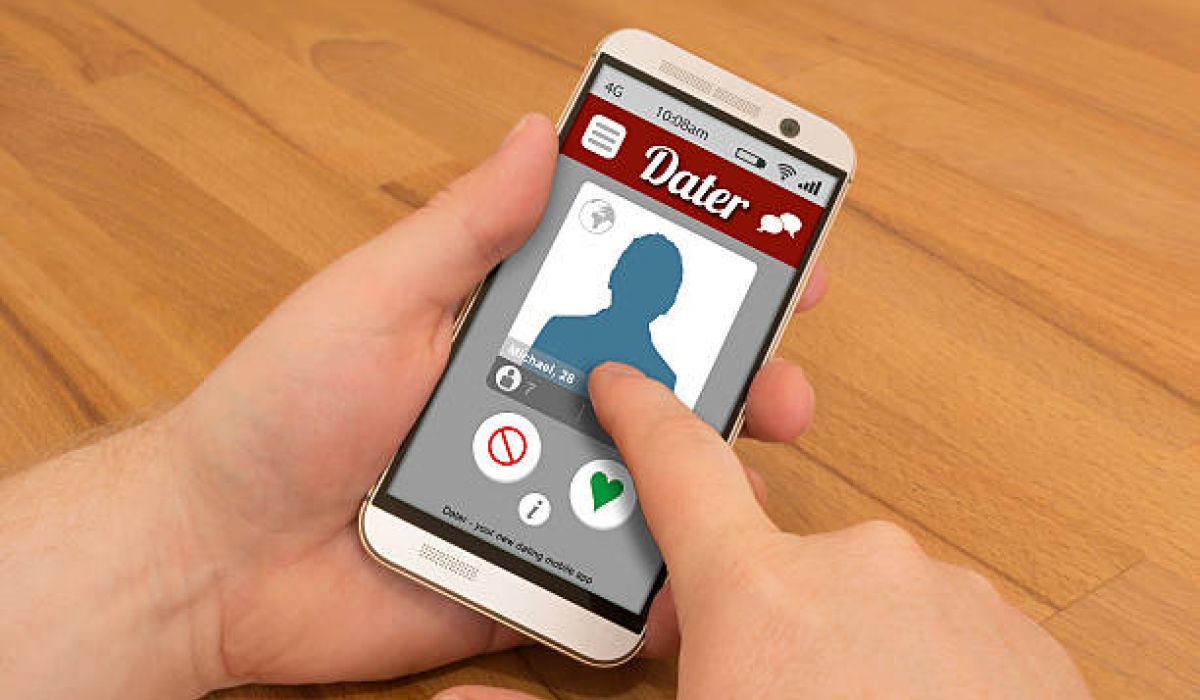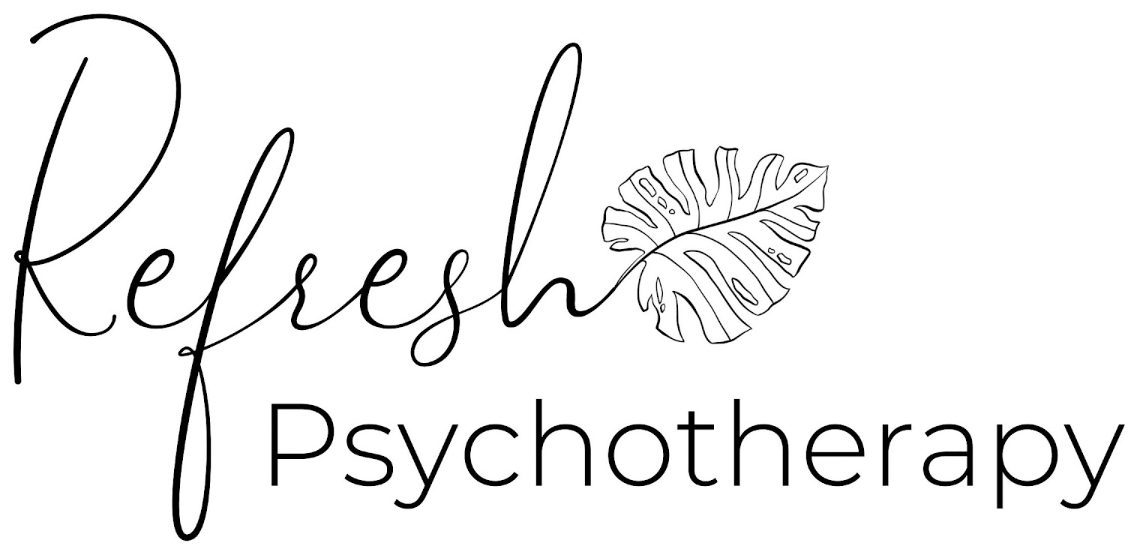
Swiping, Ghosting, and Self-Doubt: The Mental Health Cost of Dating for Men Today
Modern dating is supposed to make connection easier. But for many men, the current dating landscape—dominated by apps, inconsistent communication, and shifting social norms—is a minefield of anxiety, confusion, and rejection.
What was once a series of face-to-face interactions is now a gamified, algorithm-driven process that can leave men feeling more disposable than desired. Add in changing expectations around gender roles, consent, emotional literacy, and vulnerability, and many men find themselves navigating terrain for which they were never emotionally prepared.
While conversations about dating stress often center women’s safety and emotional labor—important issues in their own right—there’s another side of the story that gets little attention: how dating in the modern era affects men’s mental health. From rising loneliness to identity confusion, the effects are real, and they’re growing.
Dating Apps and the Illusion of Infinite Options
Dating apps have become the default platform for romantic connection. While they offer convenience, they also promote comparison, superficiality, and performance-based self-worth. Research shows that men receive fewer matches and responses on dating apps compared to women, contributing to feelings of inadequacy and low self-esteem (Timmermans & De Caluwé, 2017).
For men, especially those who are neurodivergent, socially anxious, or introverted, apps can create a sense of constant evaluation and rejection. You are swiped left on—not for your values or integrity—but often for arbitrary reasons like height, photos, or word choice.
This repeated micro-rejection can lead to what psychologists call “rejection sensitivity,” a heightened emotional reactivity to perceived rejection that has been linked to depression and social withdrawal (London et al., 2007).
The Pressure to Perform Masculinity
Despite progress in gender equality, many men still feel an unspoken expectation to initiate, lead, and perform confidence in dating—regardless of their actual emotional state. This performance of masculinity can create a significant gap between how men feel internally and how they are supposed to behave externally.
In fact, studies show that men who endorse traditional masculine norms (e.g., emotional control, dominance, risk-taking) report higher rates of psychological distress in romantic relationships (Wong et al., 2017). They’re also less likely to seek help, communicate vulnerability, or admit to confusion or fear in dating.
The result? A paradox in which men are expected to be emotionally intelligent and respectful partners, but still punished—by peers or themselves—for showing emotional need or softness.
Ghosting, Breadcrumbing, and Emotional Burnout
One of the most mentally destabilizing aspects of modern dating is ambiguity. Where relationships once followed a relatively clear set of steps, today’s dating scene is marked by blurred boundaries and inconsistent commitment.
Ghosting—cutting off all contact with no explanation—is now a common experience. So is breadcrumbing (sending intermittent flirty messages with no intent to follow through) and “situationships” (non-committal, undefined connections).
For men seeking meaningful connection, this can lead to emotional burnout. One study found that people who are ghosted experience feelings of worthlessness, confusion, and intrusive thoughts, all of which can worsen anxiety and self-doubt (LeFebvre et al., 2019).
In a context where everyone is supposed to be cool, casual, and unbothered, there’s little room for authentic expression of emotional pain.
Loneliness, Disconnection, and Erosion of Self-Worth
Men are already experiencing a loneliness epidemic. A 2021 report from the Survey Center on American Life found that the percentage of men with no close friends has increased fivefold since 1990 (Cox et al., 2021). When dating becomes another arena of rejection and disconnection, it deepens this emotional void.
For some men, repeated dating failures can trigger a collapse in self-worth, leading to withdrawal from relationships altogether. Others may internalize blame, believing they are “not enough” or unlovable. This cycle of effort → rejection → self-doubt → retreat is especially common in men with a history of social trauma or attachment insecurity.
The Rise of Dating-Related Depression and Anger
While some men respond to dating fatigue with withdrawal, others cope through anger or entitlement, particularly if they’ve been influenced by toxic online spaces like the “manosphere” or incel forums.
These subcultures weaponize dating disappointment into misogyny—but underneath that is often unacknowledged pain, shame, and emotional neglect. The danger is that without constructive spaces to process dating-related grief, many men turn inward (depression) or outward (hostility).
Clinical psychologists are seeing more men report dating-related depression, marked by hopelessness, rumination, low motivation, and social anxiety. In therapy, these men often express confusion: “I’m doing everything right—why am I still alone?”
What Actually Helps: Building Emotional Skills for a Modern Landscape
The mental health toll of dating isn’t solved by quitting apps or memorizing better pickup lines. What’s needed is a deeper internal shift:
- Recognizing that rejection doesn’t reflect worth
- Building emotional resilience and boundaries
- Expanding emotional vocabulary and relational skills
- Learning to tolerate ambiguity without abandoning self-respect
Men who engage in therapy—particularly emotionally focused or relational therapy—learn how to regulate feelings of rejection, express vulnerability in safe ways, and create more meaningful, values-aligned dating experiences.
It’s also essential to redefine success in dating. Instead of fixating on romantic “wins,” men benefit from evaluating how aligned their behavior is with their values, how much agency they’re exercising, and how authentically they are showing up.
Connection Without Collapse
Dating in the modern era is psychologically demanding—for everyone. But for men raised with rigid emotional norms and social conditioning around performance, the emotional cost can be particularly high.
The solution is not to opt out of dating, but to opt into self-awareness. Men deserve support in navigating emotional pain, romantic uncertainty, and rejection—not shame for struggling.
When men have the space to explore their internal world, they show up in dating—not as performers—but as people. And that’s where true connection begins.
Written by: Keeley Teemsma, LCSW, MA
Works Cited
Cox, D., Orrell, B., & Suls, R. (2021). The state of American friendship: Change, challenges, and loss. Survey Center on American Life.
LeFebvre, L. E., Allen, M., Rasner, R. D., Garstad, S., Wilms, A., & Parrish, C. (2019). Ghosting in emerging adults’ romantic relationships: The digital dissolution disappearance strategy. Imagination, Cognition and Personality, 39(2), 125–150.
London, B., Downey, G., Bonica, C., & Paltin, I. (2007). Social causes and consequences of rejection sensitivity. Journal of Research on Adolescence, 17(3), 481–506.
Timmermans, E., & De Caluwé, E. (2017). To Tinder or not to Tinder, that’s the question: An individual differences perspective to Tinder use and motives. Personality and Individual Differences, 110, 74–79.
Wong, Y. J., Ho, M. R., Wang, S. Y., & Miller, I. S. (2017). Meta-analyses of the relationship between conformity to masculine norms and mental health-related outcomes. Journal of Counseling Psychology, 64(1), 80–93.
